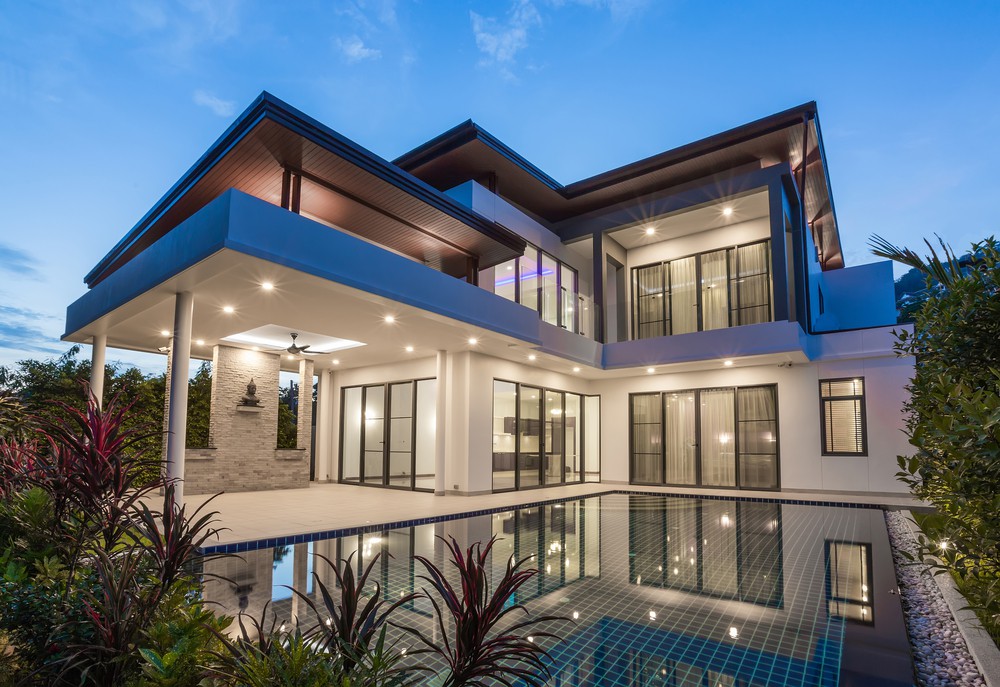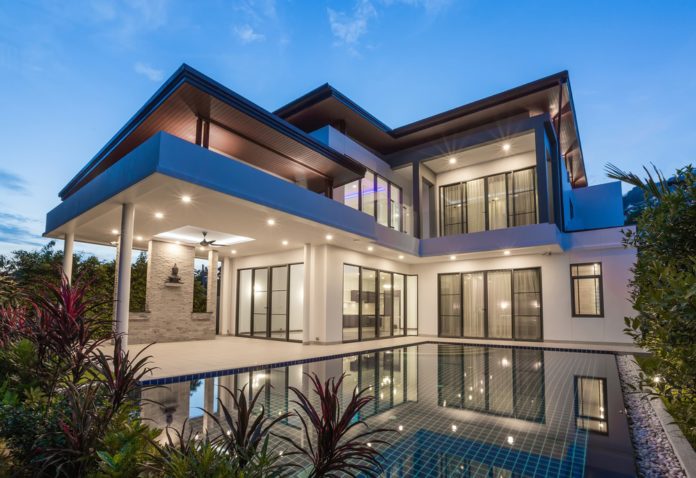WHILE much of South East Asia’s economy faced some headwinds in 2018, the majority of real estate markets in the region and in the Asia Pacific at large remained dynamic with investors and occupiers both continuing to be active, international real estate agency Knight Frank said.
In its Global Residential Cities Index for the third quarter of 2018, the company predicts cooling measures, rising interest rates and slowing sentiment is likely to weigh on residential markets.
It said trade tensions, such as the on-going tussle between China and the US, could influence decision making for corporates looking at office space, while structural changes are also likely to continue as co-working and co-living become more commonplace across the APAC markets.
Knight Frank pointed out that the Asia Pacific remained the top-performing world region, with a 6.2 percent increase in residential property price growth over the 12 months period to the third quarter of 2018, up from 3.3 percent a year ago,” it said.
SEE ALSO: South Korea’s property prices are expected to dip next year
“While the Asia Pacific region continues to lead the world in residential price growth this quarter, its pole position is looking more at risk following the introduction of cooling measures, rising interest rates, and waning buyer sentiment,” Knight Frank Asia-Pacific research head Nicholas Holt said.
Singapore
Prime residential prices in Singapore rose 9.1 percent in this to S$3,480 (US$2,533) per square foot following a strong performance in the first half of the year as buyers returned to the market in force.
“However, this trend was abruptly cut short in July when the government introduced new cooling measures. While the market has come to a standstill, a severe price correction in 2019 is unlikely given the city’s stable economic fundamentals,” Knight Frank said in the report.

Modern luxury villa with swimming pool in Bali, Indonesia. Source: Artashes/Shutterstock
Kuala Lumpur, Malaysia
Prices in Kuala Lumpur’s prime housing market are generally holding firm more property launches were expected amid improved market sentiment.
The slight increase in stamp duty and real property gains tax (RPGT) rates as announced in the Government’s Budget 2019 is unlikely to have significant impact on the market, the report said.
There is, however, a growing “mismatch” in supply and demand coupled with rising financing costs that would will continue to “impinge on price growth as the market finds its equilibrium.”
“In contrast, the exemptions and initiatives, in particular the waiver of stamp duty on the instrument of transfer and loan agreement for residential …are expected to kick-start the housing market moving into 2019 and beyond.”
These involved homes valued up to RM300,000 (US$71,828) for a two-year period and the six-month waiver of stamp duty charges for properties priced from RM300,001 to RM1 million (US$250,000).
SEE ALSO: What renting a property in Singapore will cost you
Jakarta, Indonesia
The prime housing market in the Indonesian capital rose 0.7 percent to IDR61.7 million (US$4,232) per square meter as the market entered a traditionally quiet period prior to Indonesia’s Presidential elections in 2019, the report said,
“In the near term, the market will remain quiet up until H2 2019 from the April elections and May Ramadan season before picking up in H2 2019 as long-term fundamentals remain sound; infrastructure growth and improving domestic consumption.”
Bangkok, Thailand
With its prime housing market prices falling 0.6 percent in to THB353,889 (US$10,859) per square meters this year, the government’s tighter lending rules allowed the market to take a breather in the second half of the year.
“In 2019, we believe the latest policy will have a greater impact on the lower to mid-market segments compared to the high-end luxury given the latter’s buyer composition have stronger balance sheets,” Knight Frank said.
Manila, Philippines
Manila’s prime housing market prices rose 11.1 percent this year to PHP290,000 (US$5,504) per square meter after the government announced aggressive infrastructure spending policy dubbed – “Build! Build! Build!”
“Going forward, sentiment is expected to remain supportive on further infrastructure spending and improving economic conditions; IMF forecasts 6.7% 2019 GDP growth – one of the fastest in the region,” the report said.





